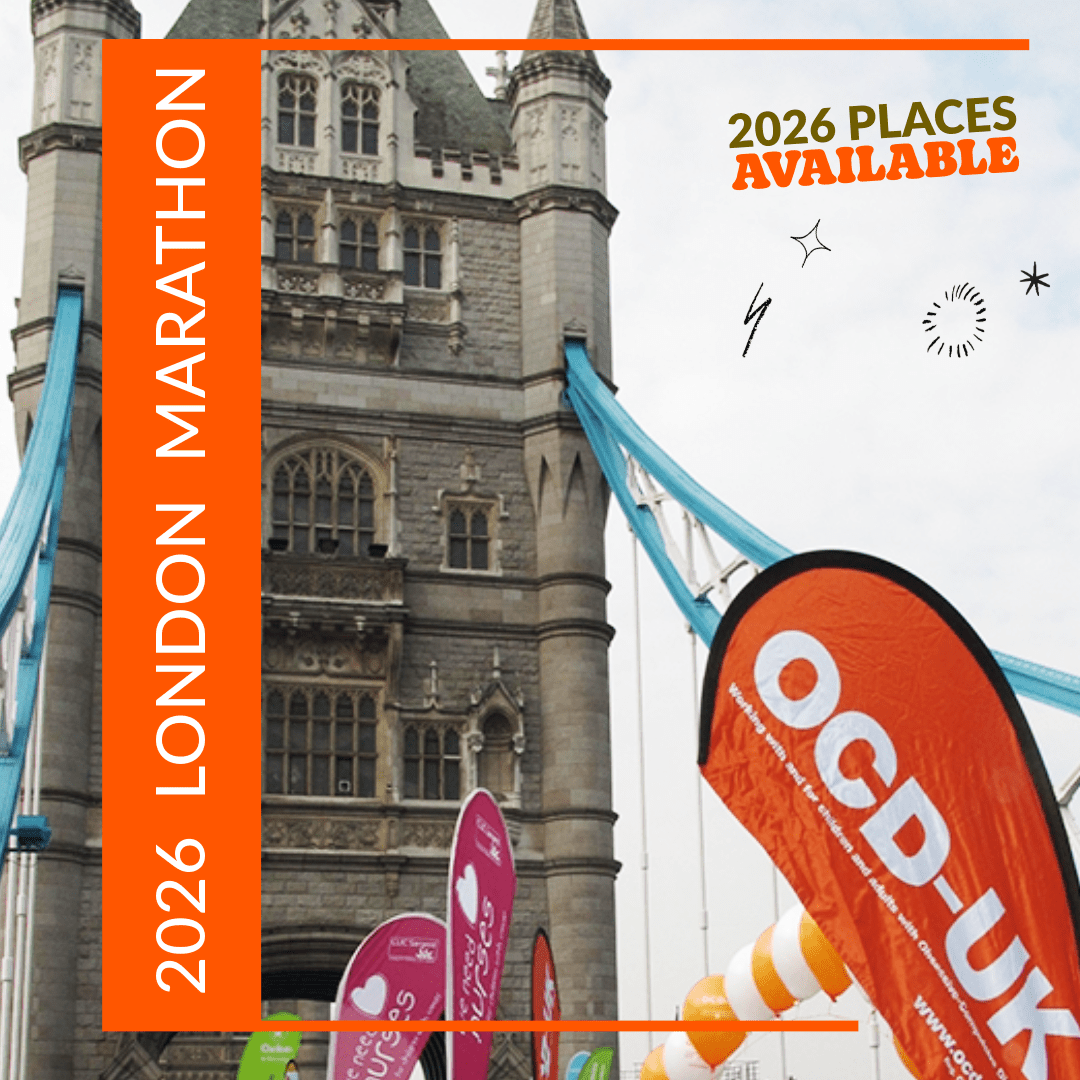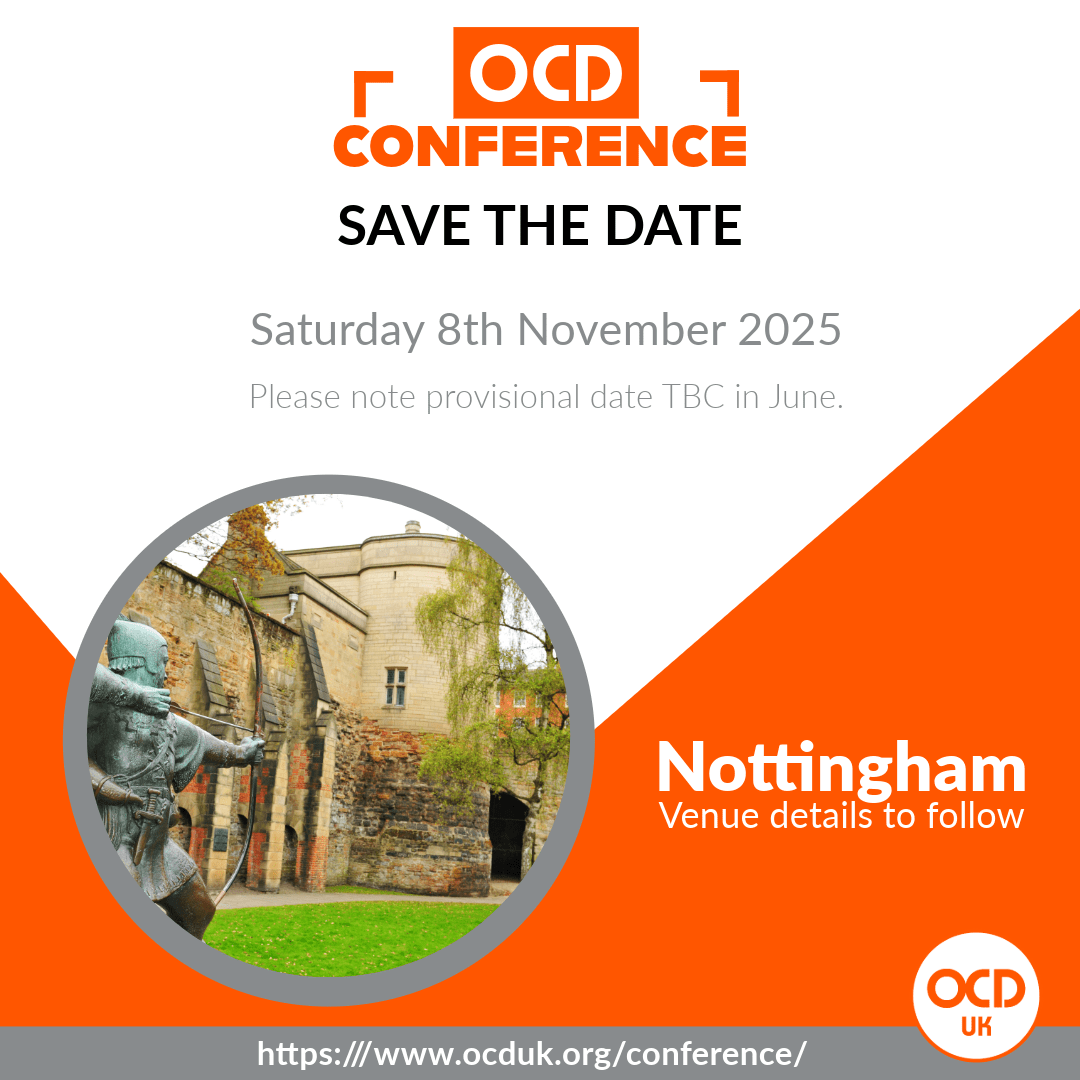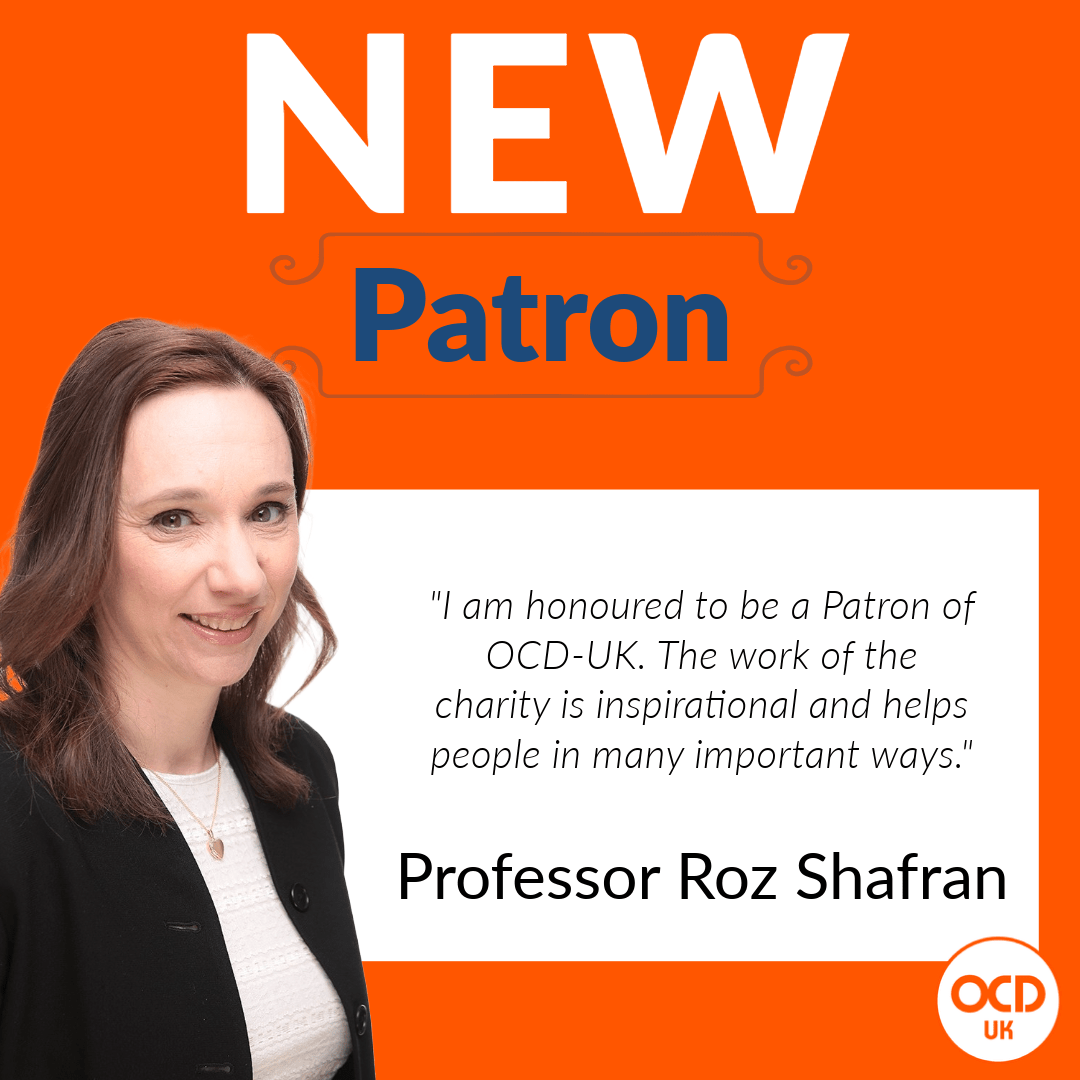As you already know, the treatment recommended for OCD by the NHS in England and Wales is Cognitive Behavioural Therapy (CBT), as recommended by the NICE Guidelines for the treatment of OCD. However, how people access CBT through the NHS can be a complex, confusing and often challenging pathway.
The situation is further confused by having different treatment pathways across borders between England, Wales and Scotland. So in this section we will do our best to try and describe it all as clearly as we can, with specific pages for each UK nation, which we will attempt to keep updated if pathways change in the future.
Service Providers
Before we look at pathways for treatment access, it may be helpful to understand the different NHS ‘levels’, or service providers to give it the more formal title, and then we will try and illustrate how to access these services on the next few pages.
Primary Care Services
To access mental health services most patients will initially be referred to their local ‘primary care treatment services‘. This referral is usually made by their GP, who may also discuss and prescribe medication. In England, the primary care service would be an IAPT service (pronounced eye-apt), which stands for ‘Improving Access to Psychological Therapies’.
Each region’s IAPT service has its own local name, i.e. Healthy Minds, Talk Liverpool, Lets Talk which can make it difficult to locate. This is why OCD-UK dedicated resources to create a unique database of IAPT services to help people locate their local service . One of the great benefits since the introduction of IAPT services is that most patients in England now have the ability to self-refer to their local IAPT service
Secondary Care Services
Some patients need a little more support especially if they have a co-morbid problem.If a GP feels a patient needs additional mental health services, they may refer the patient to a local community mental health team, this is known as secondary care.
These are usually consultant-led services, which include psychology and psychiatry. They may offer additional services like prolonged therapy with a clinical psychologist, medication reviews with a psychiatrist, access to training and other facilities through mental health recovery colleges like the one OCD-UK have partnered with in Nottingham. Sometimes patients need hospitalisation too, which also usually falls under secondary care services.
Tertiary / Specialist National Services
If treatment does not work through secondary care or the community mental health team feel that the patient needs more help than they can provide, they may refer a patient to a specialist service, sometimes known as tertiary care.
These services are based around particular individual patient needs and are far more specialised than general local mental health services, for example, specialist OCD and anxiety treatment clinics.
Two common examples for OCD treatment would be the Centre for Anxiety Disorders and Trauma (CADAT) clinic (sometimes known as the Maudsley) and the Anxiety Disorders Residential Unit (ADRU) clinic (sometimes known as the Bethlem).
If a patient needs to be referred to these services then the secondary care team (ideally), but a GP can apply to your local Clinical Commissioning Group (CCG) for funding for your specialist referral to access these specialist services. We will discuss this in much more detail later in the section.
The above descriptions are generally mirrored across NHS services in England, Wales and Scotland although some mental health trusts will have a slightly different setup.
Accessing NHS Treatment
To learn more about how to access OCD treatment through the NHS in your region, please select the appropriate page. Although the NHS does not operate on some of the British Isles, we will summarise how residents on those islands access treatment.
What to read next:




























